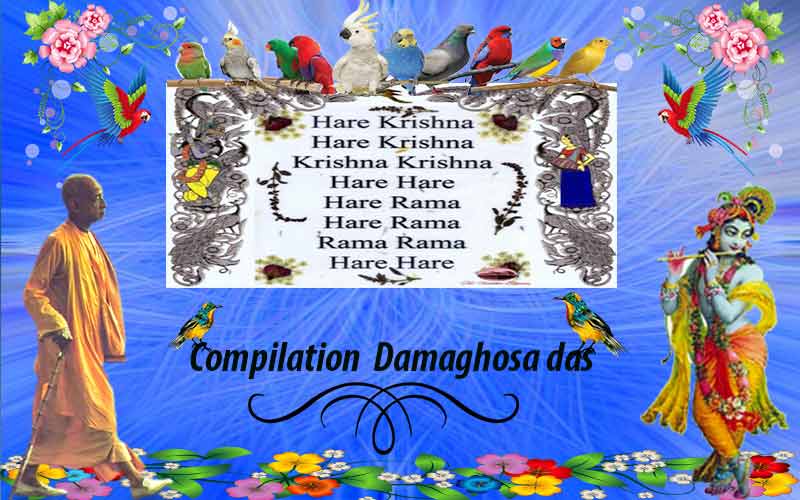
Jan 27 1977 Puri Conversations
Prabhupāda: Yes. Maṅgala-ārati they must attend. It is not that sleeping, "gongongon," and taking free food, no.
Gargamuni: No. Even in Māyāpura we wake them up at four.
Prabhupāda: Yes, that must be. Why Māyāpura? Vṛndāvana, they are accustomed. Yā devī sarva-bhūteṣu nidra... This sleeping is the māyā's influence. It is stated in the... Yā devī sarva-bhūteṣu nidra-rūpeṇa saṁsthitaḥ.(?) The Devī, this material energy, has captured everyone, and she is there... The more one sleeps, that means he's under the control of māyā. And the more he is not sleeping, he's free from māyā. Nidrāhāra-vihārakādi-vijitau **. The Gosvāmīs, they conquered over three things: nidrā, sleeping; āhāra, eating; and mating. These things are the clutches of māyā. More we have sex, more we have eating, more we have sleeping, that means I am entangled. The more we conquer over it, we are free. That we have to try. Whether I am in the clutches of māyā or not can be tested—whether I am sleeping more, whether I am eating more, whether I am more sexually inclined. He can test himself. And bhakti means vairāgya-vidyā, to conquer over these three things. So practice this. They are... To rise early in the morning and attend maṅgala-ārati is compulsory. It is part of this education, spiritual education. And not to eat more than necessary. Then you'll not sleep more. You'll find, if you observe fast, you won't feel sleepy. Have you tested this?
Gargamuni: Yes. I can remember.
Prabhupāda: Therefore ekādaśī. One day or two days in the month he should practice fasting, and then he'll be able to conquer over these things. These are all practical. So we should practice ourself and teach others. This is Kṛṣṇaconsciousness movement. And if he thinks that he's quite all right in this material atmosphere, then he's doomed. Mūḍhaḥ nābhijānāti. That means aprāpya mām—without achieving Kṛṣṇa—nivartante—again he goes back-mṛtyu-saṁsāra-vartmani [Bg. 9.3]—the cycle of birth and death. Take one birth, suffer, again take another body, again take another body, another body. There are 400..., eight million four hundred... That's all. Sometimes so-called happiness, he is born as demigod, sometimes as dog, sometimes as insect, sometimes as tree. What is this business? "I am eternal. Why shall I suffer this?" This is sense. They are simply trying how to become a hog, how to become a dog, or how to become a god. God you cannot become. You may have some partial happiness just like the demigods. They have got power. They have got high standard of living. But that does not mean the solution of the problem. Solution of problem means no more birth, no more death. That is solution. Tyaktvā dehaṁ punar janma naiti [Bg. 4.9]. That is solution. And if he remains in the birth-and-death cycle, that is not solution of material problem. Who can understand this science? They have accepted birth and death.

